Publications
Articles, publications, books, tools and multimedia features from the U.S. Institute of Peace provide the latest news, analysis, research findings, practitioner guides and reports, all related to the conflict zones and issues that are at the center of the Institute’s work to prevent and reduce violent conflict.
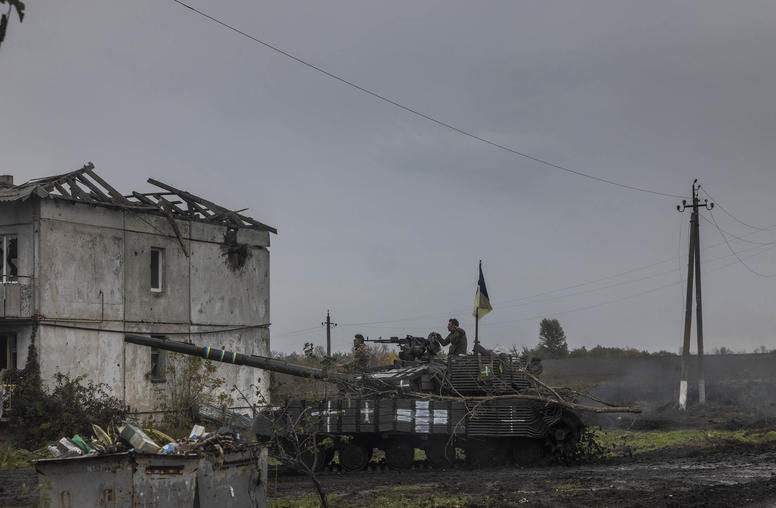
Is Russia Escalating to De-Escalate?
Vladimir Putin is under increased pressure as Russia continues to lose ground inside Ukraine. Faced with the prospect of stark losses — potentially leaving Russia in a worse position than before its February 24 invasion — Moscow may be embarked on an “escalate to de-escalate” strategy. By raising the specter of a nuclear confrontation twice in recent weeks, Putin may in fact be seeking a way out of his dilemma marked by Russia’s strategic failure in Ukraine. The coming weeks will be critical as Putin pursues nuclear brinksmanship — possibly even repositioning tactical nuclear weapons — while actually seeking an exit.
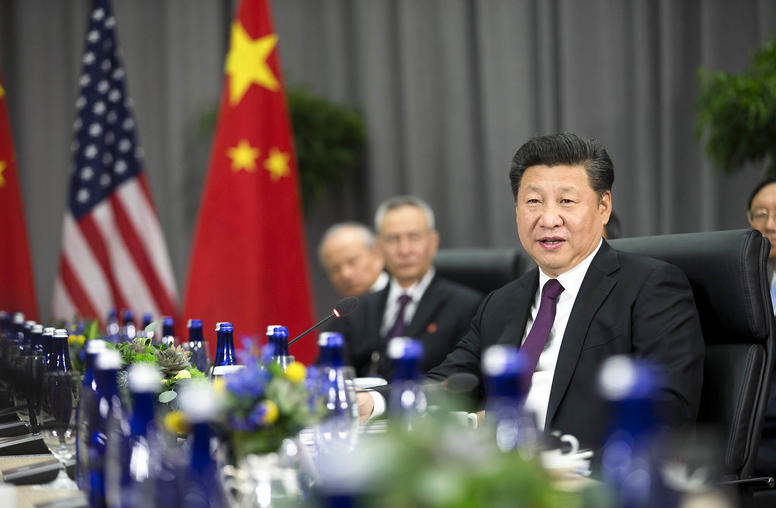
Xi Kicks Off Campaign for a Chinese Vision of Global Security
Earlier this month Chinese leader Xi Jinping made his first foreign trip since the coronavirus outbreak, joining the Shanghai Cooperation Organization (SCO) summit in Samarkand, Uzbekistan. The summit was Xi’s first in-person opportunity to win support outside of China’s borders for his new Global Security Initiative (GSI), which he launched in April. While the GSI remains notional and somewhat vague, Xi is on the offensive, seeking to position his vision of a new global security architecture as an alternative to the Western-led security order. In an era of heightened strategic rivalry between Washington and Beijing, Xi’s GSI campaign could amount to yet another challenge to the U.S.-China relationship and the two countries’ ability to peacefully manage differences.
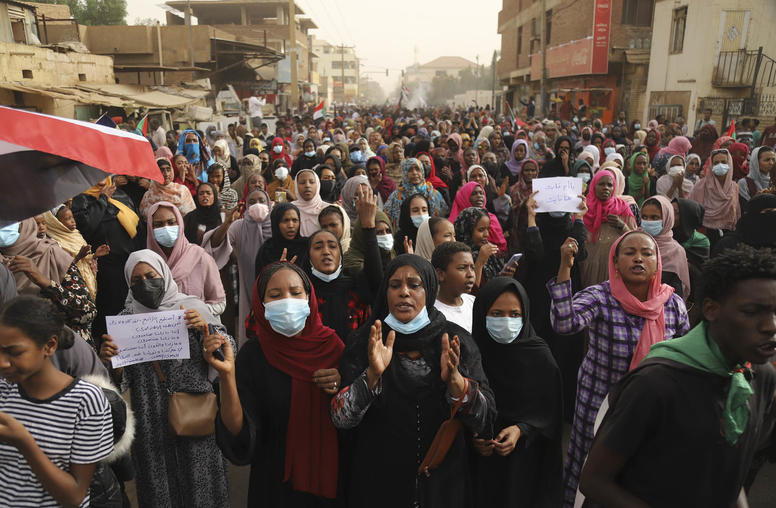
42 Months on, How Does Sudan’s Democracy Movement Endure?
Three and a half years after Sudan’s military deposed the authoritarian ruler, Omar Bashir, in response to massive protests, the current military leadership and divisions among political factions are stalling a return to elected civilian government. This year has brought a deepening economic crisis and violent communal clashes — but also a new wave of nonviolent, grassroots campaigns for a return to democracy. As Sudanese democracy advocates and their international allies seek ways to press the military for that transition, all sides should note, and work to sustain, Sudan’s nonviolent civic action.
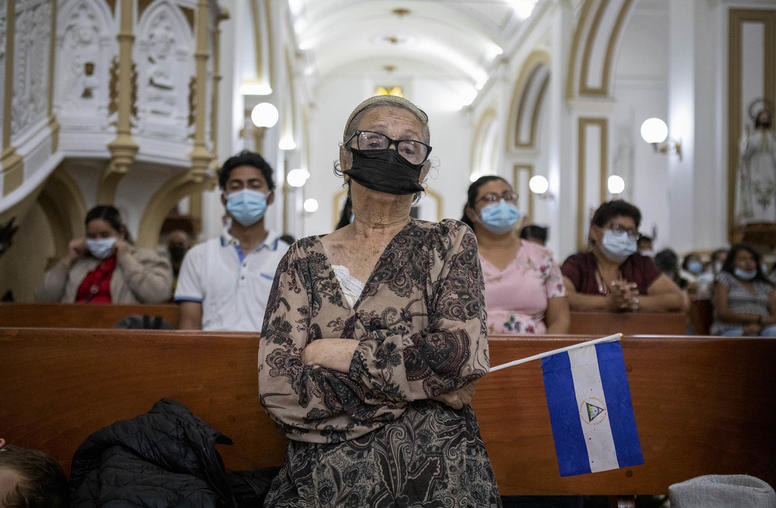
In Nicaragua, Crackdown on Religious Actors Further Imperils Return to Democracy
In recent months, Nicaragua’s government has escalated its effort to silence dissent by waging a systematic campaign of repression against the Catholic Church. Nicaraguan President Daniel Ortega and Vice President Rosario Murillo’s crackdown on clergy and church-affiliated organizations critical of their authoritarian regime not only threatens Nicaragua’s religious freedom but also erects significant roadblocks to the country’s return to peace and democracy.
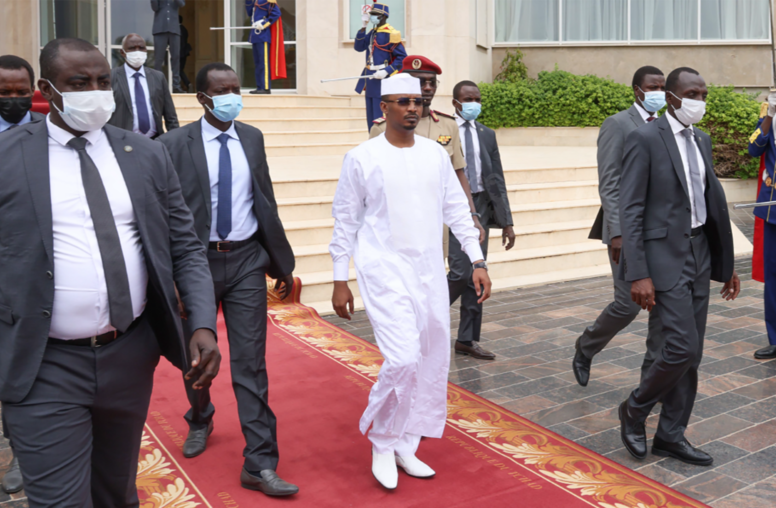
Chad’s National Dialogue Concludes Amid Uncertainties for the Transition
When Chad’s longtime President Idriss Déby was killed in April 2021, a group of military officers led by Déby’s son, Mahamat Idriss Déby, took control of the country and outlined an 18-month transition back to civilian rule. A crucial part of the transitional timeline was the promise of an inclusive national dialogue, which would be tasked with forming a national consensus on constitutional reform, election plans and other contentious political issues. After numerous delays, the long-awaited national dialogue finally opened in the capital N'Djamena in late August — just two months before the transition was slated to end.
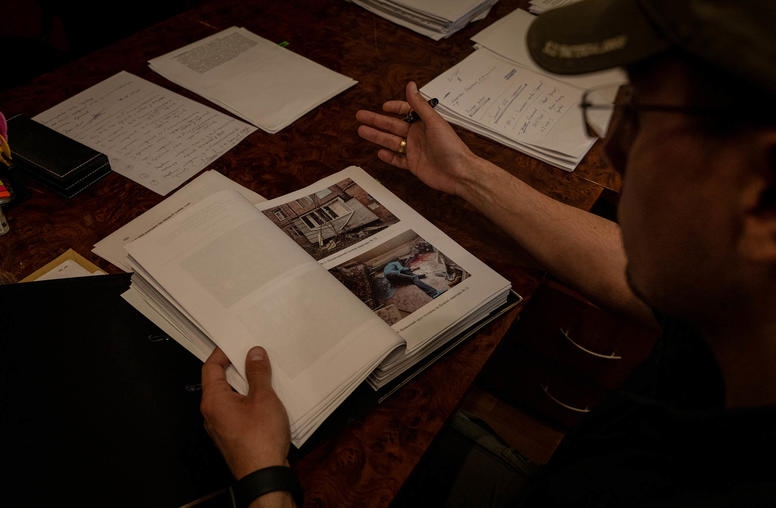
Nobel Peace Prize: Documenting Rights Abuses is Vital in Ukraine and Beyond
The award of the 2022 Nobel Peace Prize to one individual and two civil society organizations — from Belarus, Russia and Ukraine — recognizes the critical role civil society documenters play in holding states accountable for human rights abuses. The laureates have brought to light the breadth of abuses committed by authoritarian regimes in Belarus and Russia and the vast harms suffered by Ukrainians as a result of the Russian invasion. They also reflect a larger global trend, where civil society organizations document crimes in order to hold perpetrators accountable, memorialize the suffering of victims, and provide critical information to families on the fates of their loved ones.
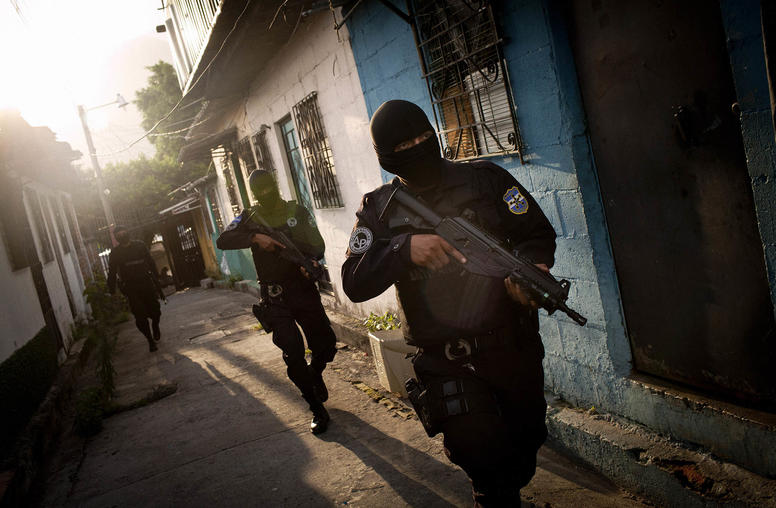
Ending El Salvador’s Cycle of Gang Violence
El Salvador has long suffered from cycles of extreme violence linked to powerful criminal gangs. National authorities have responded with both severe repression and secret appeasement. In public, governments may enact “mano dura” or “iron-fist” policies, which include mass arrests of suspected gang members. But in secret, Salvadoran leaders have negotiated with imprisoned gang leaders, providing them with benefits in return for ordering their members to dial back the bloodshed.
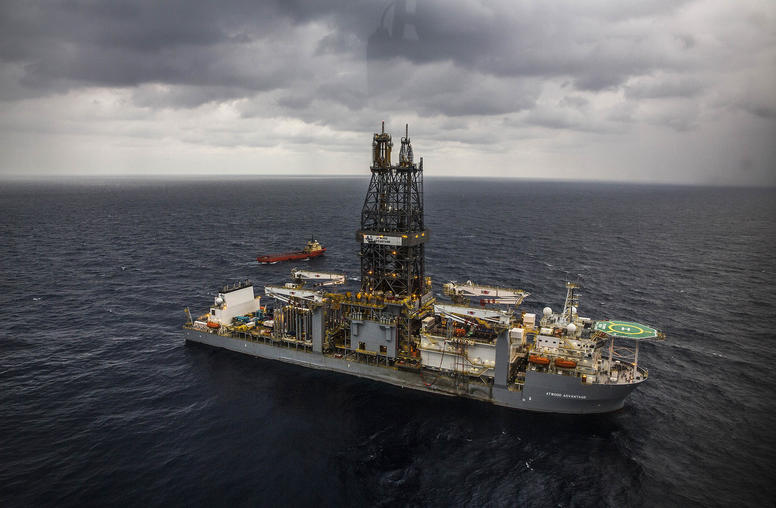
Could the Israel-Lebanon Maritime Border Deal be a Game-Changer?
Israel, Lebanon and the United States announced this week that a deal has been reached between Israel and Lebanon on each country’s maritime border. Negotiations between the parties over the 330-square-miles of the Mediterranean Sea have proceeded with stops and starts since 2020, but over the past few months edged toward a mutually acceptable outcome. Under the agreement, the contested waters will be divided by a line straddling the “Qana” natural gas field. Both parties would be able to produce gas on their side of the line, in addition to royalty arrangements agreed upon. A buoy line will remain between the two countries.
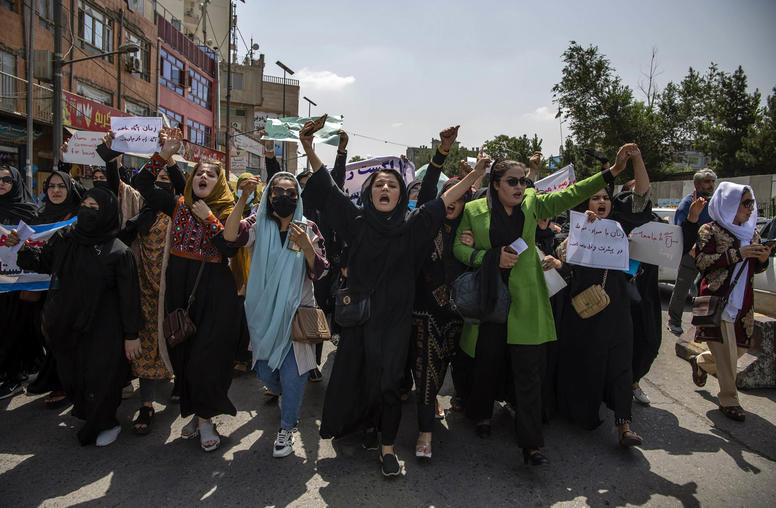
Iran’s Protests ... and the Afghan Sisters Next Door
Iran’s women are seizing worldwide admiration with 26 days of courageous defiance against their authoritarian government’s violent confinement of females as second-class citizens who may not freely work, marry, divorce, travel or even be seen with their heads uncovered. Less noted are this audacious movement’s existing, and potential, connections to the tenacious, 14-month campaign by Afghan women resisting the even tighter oppression of the Taliban. Street protest slogans, social media posts and other links illustrate a synergy between the movements that both should use in the difficult task of converting their inspiring courage into real change.

Le Dialogue National au Tchad se Termine dans un Contexte d'Incertitudes pour la Transition
Après que l’ancien président du Tchad, Idriss Déby, a été tué en avril 2021, un groupe d'officiers militaires dirigé par le fils de Déby, Mahamat Idriss Déby, a pris le contrôle du pays et a défini une période de transition de 18 mois pour le retour à un régime civil. Un élément crucial du calendrier de transition était la promesse d'un dialogue national inclusif, chargé de former un consensus national sur la réforme constitutionnelle, les plans d'élection et d'autres questions politiques litigieuses. Après de nombreux retards, le dialogue national tant attendu a finalement commencé dans la capitale N'Djaména fin août – juste deux mois avant la fin prévue de la transition.